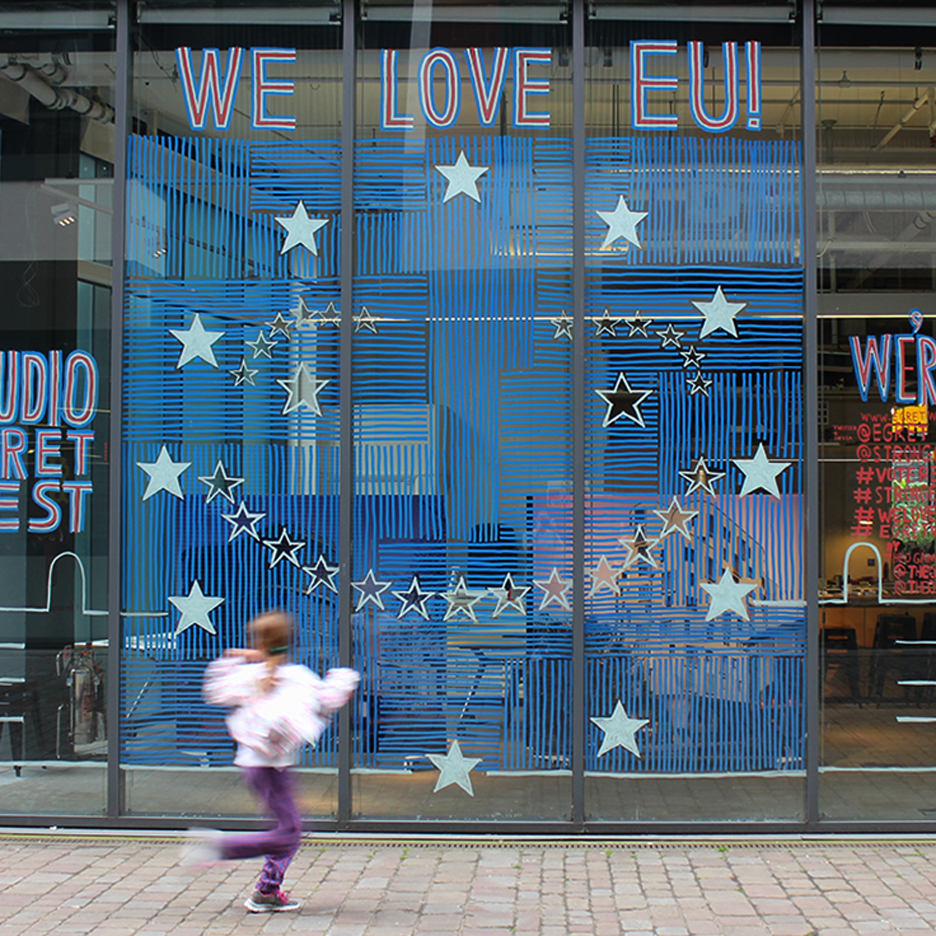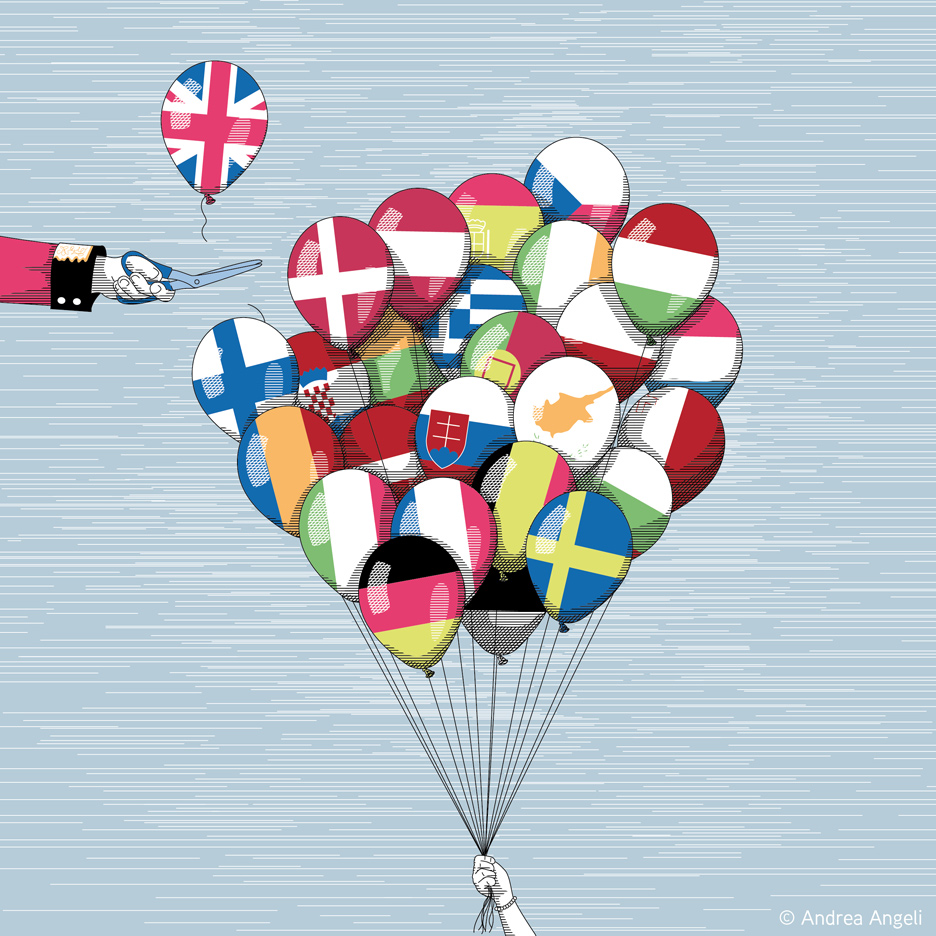Designers should demand new policies to "make the best" of Brexit, says Rohan Silva
Brexit crisis: architects and designers in the UK should stop complaining about the outcome of the EU referendum and instead start fighting for better post-Brexit policies for their industry, according to a former senior policy adviser to the government.
Last week's vote to take the UK out of the European Union could prove to be a boost to the creative industries if they "roll with the punches and make the best of it," Rohan Silva told Dezeen.
Silva, who now runs the Second Home creative networking space in London, said creative entrepreneurs should get to work demanding new policies and laws to help them thrive outside the EU.
"The most important thing is that we don't pour our energy into complaining about the result or signing petitions that aren't going to achieve anything," Silva said.
"The people have spoken. I don't like that result but for everyone who is a creative entrepreneur, the job now is to roll with the punches and absolutely make the best of it."

On Friday, when the referendum result was announced, leading architects and designers described the outcome as a "nightmare". The UK voted to leave the EU by a slim majority of 52 per cent to 48 per cent.
Silva said that he, like many people in the creative industries, voted Remain – but said people had to move on quickly and accept the result.
"I really think our outcome will largely depend on our response to the result," he said. "But if we pour our energy into complaining about the result rather than looking forward, that will be a missed opportunity."
The creative industries are worth £84.1 billion to the UK economy each year, and the sector is growing at almost twice the rate of the wider economy.
To sustain this momentum, Silva said the industry had to be proactive and positive.
"As Roosevelt famously said, we have nothing to fear but fear itself," he said. "If the response to the result is to say we're doomed, it will become true."
The industry should now come together and develop a list of objectives to hand to the next prime minister, he said, since the government will be receptive to ideas that will help boost the economy in a period of such uncertainty.
"We should make it very clear to policy makers what we want,"he said.
"So if the creative industries wanted to say that anyone who's got an arts degree from any good art institution in the world should be free to come to the UK, this is the moment to make that argument."
"If you want to say anyone who wants to come to the UK to start a creative business should be able to do so without any immigration issues, now is the time to make that case."
"If you want to make the argument that now is the time to increase funding of the arts and arts education in the UK, now is the time to make that case."

Silva formerly worked as a senior policy adviser to David Cameron, the UK prime minister who resigned last Friday after losing the EU referendum.
During his nine years advising Cameron's team, Silva developed policies to help entrepreneurs from outside Europe set up businesses in the UK and introduced tax breaks for angel investors. He also established London's Tech City cluster of digital businesses.
Silva said his years in politics had taught him that periods when big changes are possible come along rarely, but that the current situation represented a huge opportunity.
"The old strategy has gone out the window," he said. "What creative people need to do now is come forward now and say alright, you don't have a plan, but here's one. Anything's possible now so let's go for it.
"That's what creative people and entrepreneurs do," he added. "We make the best of things. We take things and make them better. That's what we should all be trying to do."
Silva opened the first Second Home venue in east London in 2014, in a building converted by Spanish architects SelgasCano.
Earlier this year Second Home opened a bookshop, also designed by SelgasCano, while last year it bought the same architects' Serpentine Gallery Pavilion, which it intends to re-erect in Los Angeles ahead of the opening of a dedicated creative workspace in the US city.
Second Home will open its next outpost in Lisbon this summer.
Last year Silva warned that rising prices could force creative businesses out of London, following the pattern underway in New York, which is in danger of losing its creative class to Los Angeles, which offers cheaper rent and larger studio space.